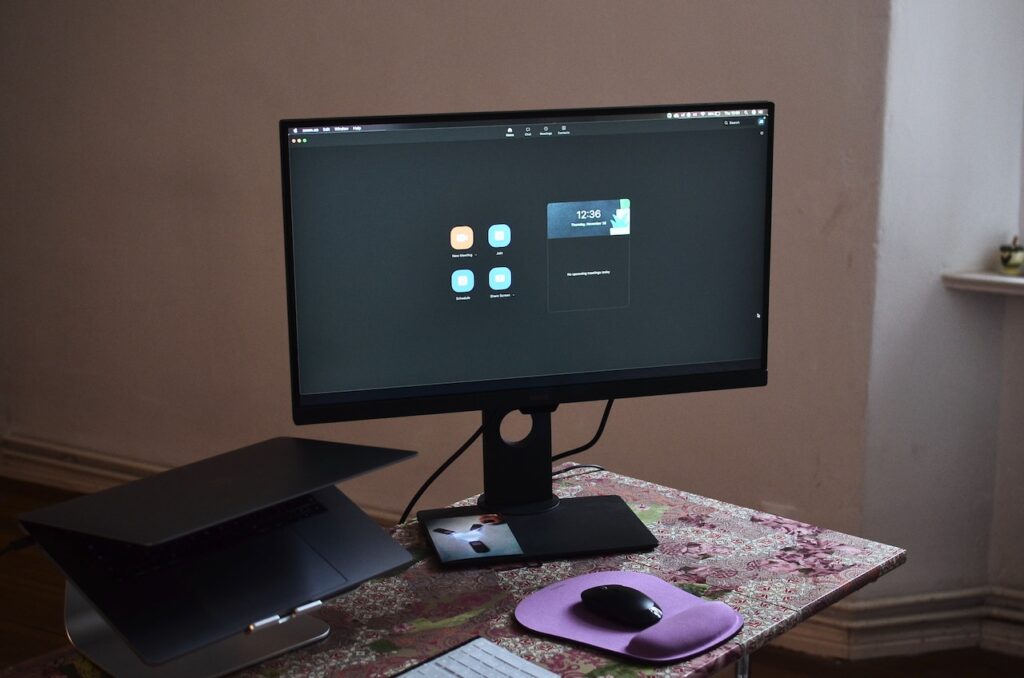In recent years, the proliferation of remote work has radically transformed the corporate landscape. With the surge in work-from-home jobs and the benefits of remote work coming to the fore, the paradigm of traditional office work is rapidly shifting. As digital boundaries expand, so does the technological prowess we harness in our work lives. Central to this transformation is AI. It’s fast becoming the engine propelling the remote work trend, providing innovative solutions to drive productivity, collaboration, and work-life balance.
The Rising Importance of AI in Remote Work
The advent of AI has proved to be a game-changer in our work-from-home ecosystem. As remote work policies evolve and businesses continue to navigate the complexities of a distributed workforce, AI emerges as a pivotal tool. It’s no longer a futuristic concept but a current reality significantly impacting how we work and interact remotely. Whether it’s automating repetitive tasks, improving communication, or enhancing cybersecurity, AI plays a critical role in redefining the remote work landscape.

AI in Enhancing Communication and Collaboration
Effective communication forms the bedrock of a successful remote team collaboration. Here, AI tools come into play, eliminating misunderstandings, breaking down language barriers, and making virtual interactions as seamless as possible. For instance, AI-powered transcription services can provide real-time transcripts during a meeting, ensuring everyone is on the same page. Moreover, AI integrated within quality headsets and microphones, can significantly enhance audio clarity, further bridging the communication gap.
AI also plays an integral role in team collaboration. From managing projects, assigning tasks, to tracking progress, AI-powered software helps in fostering a productive and inclusive remote work environment.
Click here to learn about the importance of the Pomodoro Technique.

AI in Streamlining Workflows
The promise of AI to improve work productivity is expansive, with its capacity to automate tasks, manage time effectively, and overcome the tendency to procrastinate. By taking over repetitive tasks, AI frees up human brainpower to focus more on strategic and creative aspects of work.
For instance, AI can automate email responses, schedule meetings, and manage digital files, thereby increasing work efficiency and reducing the risk of burnout. Further, ergonomically designed keyboards and mice can work in tandem with AI software to optimize your workspace, reducing strain and boosting productivity. AI’s role in streamlining workflows is undeniable and indispensable in today’s remote work scenario.
AI in Ensuring Work-Life Balance
Remote work has revolutionized work-life balance, particularly for digital nomads, introverts, and software developers who favor flexible work environments. AI plays a critical role in this dynamic by aiding time management, enforcing boundaries, and promoting self-discipline.
AI-powered tools can schedule tasks based on productivity patterns, remind about breaks, or even suggest optimal work hours. This helps remote workers to establish and maintain a healthy work-life balance.
Learn about the importance of having a dedicated workspace when working from home.

AI in Enhancing Remote Work Productivity Metrics
Tracking productivity is vital to remote work, and AI can offer real-time data and valuable insights. AI algorithms can analyze work patterns, identify inefficiencies, and provide recommendations for productivity enhancements.
Moreover, AI can analyze team dynamics, collaboration patterns, and individual contributions, providing managers with a nuanced understanding of productivity. It allows businesses to establish realistic KPIs, boosting overall performance while maintaining a positive work environment.
Read our article on the best tech gadgets for online workers.
The Future of AI in Remote Work
As remote work continues to expand, AI is set to become even more instrumental. As per recent remote work statistics, more companies are recognizing the mental health benefits of remote work and the key role AI plays in enhancing those benefits.
As technology evolves, we can anticipate AI to integrate deeper into our remote work lives. For instance, AI might be used to predict potential burnout and recommend preventive measures or improve ergonomic workspace configurations.

